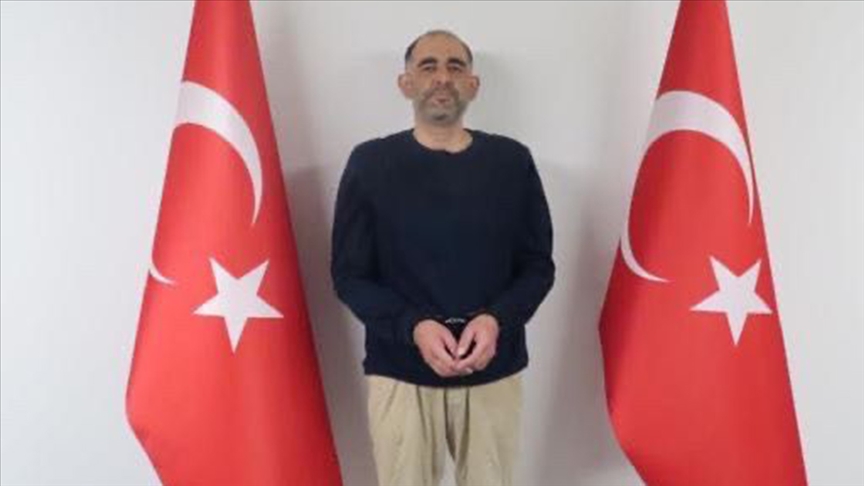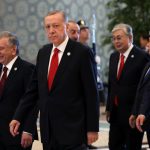Uğur Demirok, a Turkish businessman who went missing in Azerbaijan on Sept. 6, was abducted and illegally brought to Turkey by the National Intelligence Organization (MİT), according to a Saturday report by Turkey’s state-run Anadolu Agency.
Anadolu said Demirok was sought on terrorism charges for membership in the Gülen movement, a faith-based group accused by Ankara of orchestrating a failed 2016 coup and designated as a terrorist organization. The movement strongly denies involvement in the coup attempt or any terrorist activity.
According to a report by the Bold Medya news website in October, the 42-year-old Demirok, who had been working in the medical equipment business in Baku for the past seven years, left his home to go to work on the morning of Sept. 6 and was never heard from again.
A worker from the carwash on the same street as Demirok’s office, in front of which his car was found with its doors unlocked on the day he went missing, reportedly told the businessman’s wife that he saw masked people putting him in a van and taking him away.
Ömer Faruk Gergerlioğlu, a human rights advocate and deputy for the pro-Kurdish Peoples’ Democratic Party (HDP), on Oct. 12 brought the issue of Demirok’s abduction to the parliamentary agenda, saying the businessman’s family was worried for his safety and urging the Interior Ministry and the Ankara Police Department to issue a statement.
According to the MP, Demirok’s family was previously told by Azerbaijani officials that he was taken to Turkey as part of an operation carried out by Turkish spies. After they went to the missing persons bureau in Ankara, the family found that Demirok was being held at the counterterrorism branch (TEM) of the Ankara Police Department.
However, when Demirok’s lawyer went to see him, the officials told him his client wasn’t there, according to Gergerlioğlu.
“TEM [initially] admitted [they were keeping Demirok in detention] and then denied it. … I invite the Interior Ministry and the Ankara Police Department, where [victims of] enforced disappearances [usually] emerge after a while, to make a statement as soon as possible,” the lawmaker said.
During the 1980s and ’90s, many people “disappeared” in Turkey’s predominantly Kurdish areas. The practice had been long gone until it reappeared in the wake of an attempted coup against Turkish President Recep Tayyip Erdoğan that claimed the lives of 251 people on July 15, 2016.
Dozens of enforced disappearances have been reported in Turkey since the abortive putsch, with more than 20 of the victims reporting, after they were found, that they were subjected to torture during the time they were “missing.”
The victims of those enforced disappearance cases were mostly alleged followers of the Gülen movement, which is inspired by the US-based Muslim cleric Fethullah Gülen and has been targeted by the president since corruption investigations in December 2013 that implicated then-prime minister Erdoğan, his family members and his inner circle.
The war against the movement intensified after the attempted coup in July 2016 because Erdoğan and his Justice and Development Party (AKP) government designated the movement as a terrorist organization, accused them of masterminding the abortive putsch and initiated a widespread purge aimed at cleansing sympathizers of the movement from within state institutions, dehumanizing its popular figures and putting them in custody.
Source: Turkish Minute



